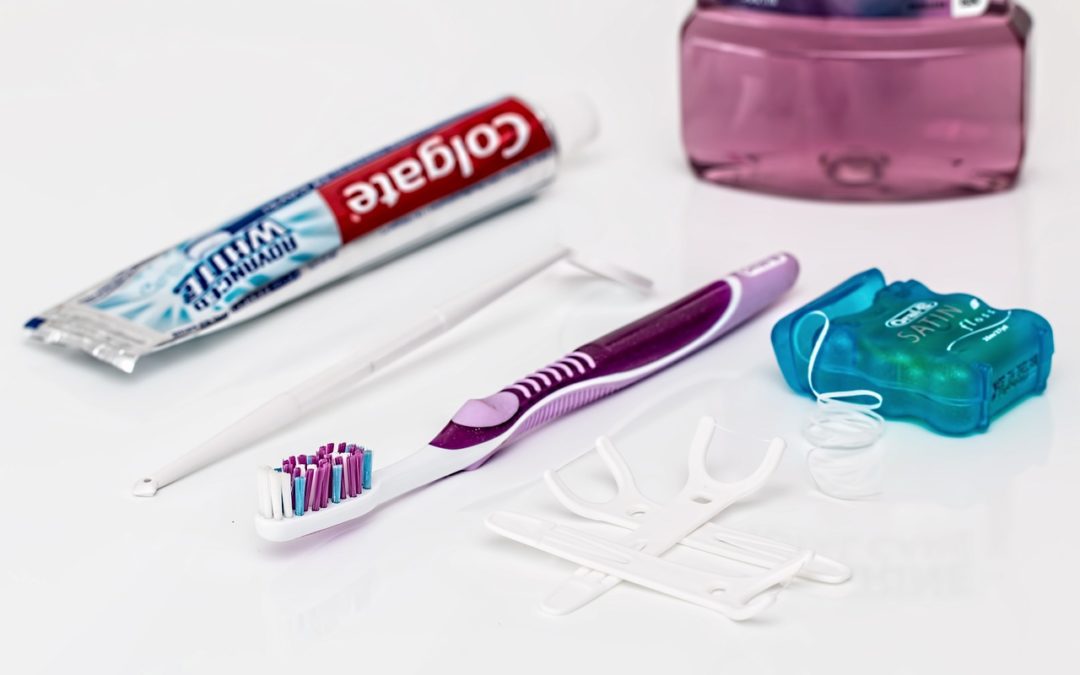What is Periodontitis?
Periodontitis, also called gum disease, is a serious infection of the gums that damages soft tissues and destroys the bone that supports your teeth without treatment. The condition can result in the loosening of teeth or tooth loss. Adults are more likely to suffer from periodontal disease than children and is a significant threat in terms of dental health. By understanding periodontitis and how it is caused, you can prevent it from occurring. Learn about the causes and symptoms of periodontitis and how you can prevent it by reading on.
What causes periodontitis?
Poor oral hygiene is the main cause of periodontitis. Your teeth’s surfaces are covered in plaque and tartar, which harbor bacteria. Without regular brushing and flossing, bacteria can travel beneath your gum line, where your toothbrush and floss can’t reach. Infection, bone loss, and tooth loss are the results of bacteria that erode the tissues that support your teeth.
Symptoms of periodontitis
- Bad breath or bad taste that won’t go away
- Red or swollen gums
- Tender or bleeding gums
- Painful chewing
- Loose teeth
- Sensitive teeth
- Gums that have pulled away from your teeth
- Any change in the way your teeth fit together when you bite
- Any change in the fit of partial dentures
How can I reduce my risk for periodontitis?
Regular dental cleanings and good oral hygiene at home are the best ways to prevent periodontitis. However, the frequency of cleanings may need to be increased for people who are prone to this disease. Periodontitis cannot be cured, but it can be managed with proper care and maintenance. To maintain optimal oral health, contact our team to find out how often you should have your teeth cleaned and to learn more about lowering your risk of periodontitis.

